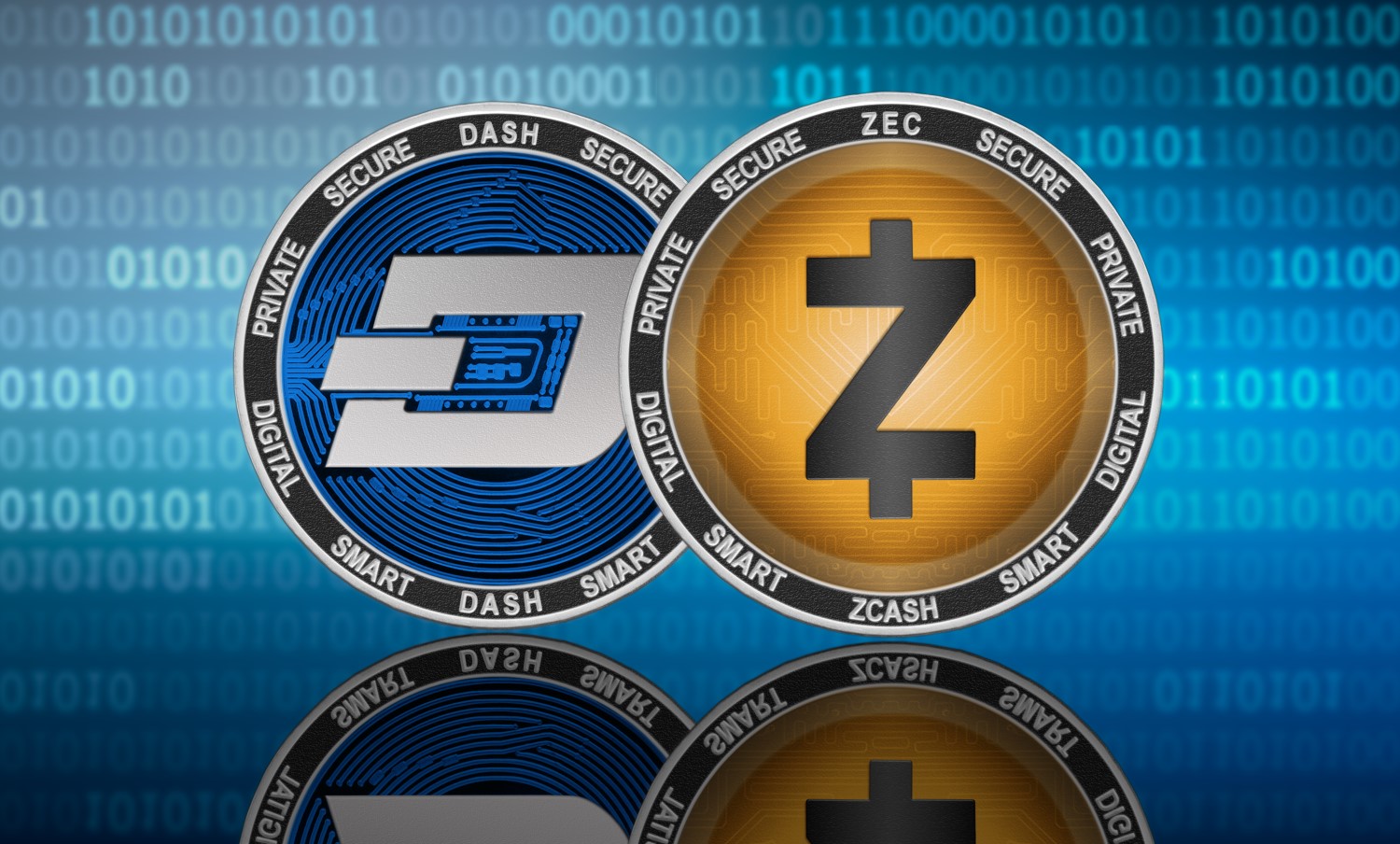Binance’s Multi-Billion CFTC Penalty Was ‘Heightened,’ Says Commissioner Kristin Johnson
/arc-photo-coindesk/arc2-prod/public/LXF2COBSKBCNHNRE3WTK2BZ7GE.png)
Multi-billion dollar penalties levied by the U.S. Commodity Futures Trading Commission (CFTC) against crypto exchange Binance were “heightened” because of the regulator’s prior public warnings for crypto firms to comply, Commissioner Kristin Johnson said during a Tuesday event hosted by the Financial Times.
Johnson clarified that the agency took enforcement action against the world’s largest crypto exchange because it “simply failed to comply with regulation.”
As part of the deal, Binance agreed to pay $1.35 billion in civil penalties and another $1.35 billion in disgorgement to the CFTC to settle a March suit, which argued it operated an unlicensed crypto derivatives trading platform in the U.S. and tried to hide it from regulators. Binance Founder Changpeng “CZ” Zhao stepped down as part of the deal and paid a $150 million fine to the agency.
“There’s a common assumption that enforcement actions in the crypto or digital assets ecosystem connote bad actors or bad conduct. Admittedly, there is plenty of evidence to support this assumption,” Johnson said, but added that, in Binance’s case, “the matter and the resolution of the litigation did not involve any allegation of fraud or similar misconduct.”
Instead, the agency’s action against Binance, and later three DeFi platforms in September, was about rule-breaking, she added.
She did, however, say that the agency has a “deep and careful” methodology before deciding civil penalties and that Binance’s penalties were “heightened” mostly because the agency has been “on record and publicly saying, if you come to U.S. markets and operate, inviting U.S. customers to participate, you have to comply.”
Despite the string of 2022 bankruptcies that rattled the crypto world, the industry has largely criticized U.S. regulators for taking tough action against firms they believe aren’t compliant with the country’s rules without providing any clarity on how to comply.
“We are excited for market participants to operate our market, but it’s critical that if you’re operating in our markets, that you are complying with regulation,” Johnson said.
Edited by Nikhilesh De.









